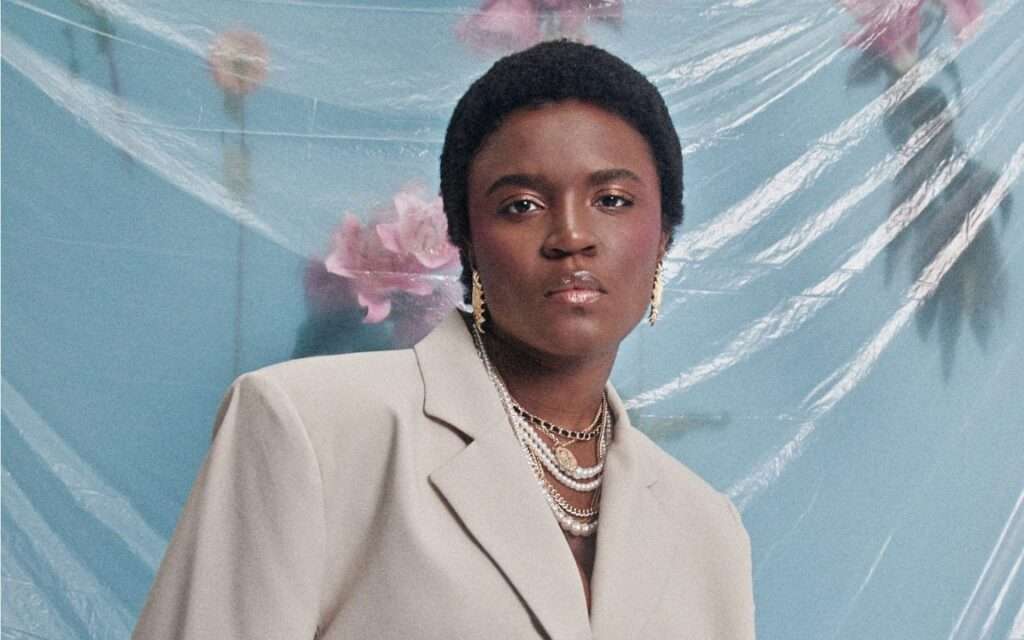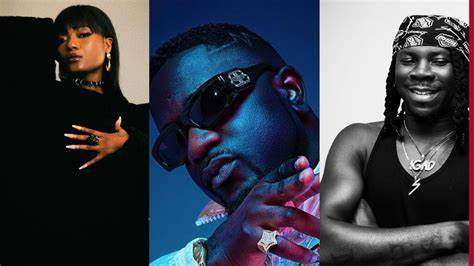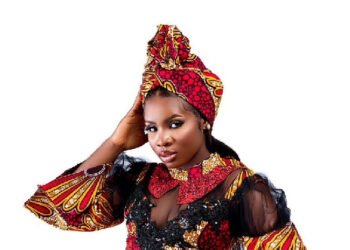Music is one of the most universal forms of expression, transcending cultures, languages, and borders. It evokes emotions, tells stories, and connects people. However, categorizing music into genres is often limiting, constraining creativity, and influencing perceptions.
A set of characteristics, including instrumentation, rhythm, lyrical themes, and cultural context typically defines genres. Common genres include rock, pop, jazz, classical, hip-hop, and country, among many others. While these classifications are useful for organization and discovery, they also lead to oversimplification and pigeonholing of artists.
Artists often feel pressured to conform to the expectations associated with their genre. For example, a rock musician feels compelled to produce guitar-driven tracks, while a hip-hop artist might be expected to focus on rap lyrics and beats.
When artists adhere strictly to genre conventions, the music becomes formulaic, resulting in a lack of innovation and diversity. They hesitate to explore new sounds or styles for fear of alienating their existing fan base or being labeled as “inauthentic.”
Genres overshadow an artist’s unique voice, forcing them to fit into predefined molds rather than allowing their individuality to shine. They shape how audiences perceive and engage with music. Fans often develop strong preferences for specific genres.
Ghanaian-American singer-songwriter, Amaarae has voiced her thoughts on the limitations of musical genres, advocating for a more liberated approach to music creation. According to her, artists put limitations on themselves when they decide to work within just one genre.
“Genres can be so limiting. Once you love music, you want to be able to express it in any way possible,” she stated.
Amaarae, known for her eclectic sound that blends elements of Afrobeat, R&B, and alternative music, has consistently pushed the boundaries of traditional genre classifications. Her innovative approach has garnered a global following, resonating with fans who appreciate her unique style and fearless experimentation.
The artist’s comments come at a time when the music industry is increasingly embracing genre fluidity. Many artists are now exploring diverse influences and blending different styles to create fresh, original sounds.
Genres carry stereotypes that influence how artists are viewed. For instance, a country musician is dismissed as lacking depth if their music is only seen through the lens of traditional country themes, rather than as an artist capable of exploring broader narratives.

Genre-based labels create barriers between different musical communities, leading to a lack of appreciation for cross-genre collaborations and innovations.
The music industry plays a significant role in perpetuating genre limitations. Record labels, radio stations, and streaming platforms often categorize music in ways that prioritize commercial viability over artistic diversity.
Rise of Genre Fluidity
In recent years, there has been a growing movement towards genre fluidity. Many contemporary artists are breaking down genre barriers, experimenting with sounds, and blending influences from various musical traditions.
Artists from different genres are increasingly collaborating, resulting in innovative and unexpected musical fusions. For example, collaborations between pop and country artists have created new sub-genres that attract diverse audiences.
Albums that defy traditional genre boundaries are becoming more common, allowing artists to explore a range of sounds and themes within a single project. Listeners are also becoming more open-minded, seeking out music that challenges genre norms and embraces diversity.
Ghana’s music scene is rich and varied, with artists exploring and blending different genres to create unique sounds that resonate both locally and internationally.

Sarkodie is a household name in Ghana and beyond, known for his versatility in genres such as hip-hop, hiplife, and Afrobeats. His ability to seamlessly switch between English and Twi in his raps has earned him a massive following. Sarkodie has won numerous awards, including the Artist of the Decade at the Vodafone Ghana Music Awards.
Stonebwoy is celebrated for his contributions to Afro-pop and dancehall. With hits like “Go Higher” and “Most Original,” he has established himself as a leading artist in Ghana and has a significant international presence.
Efya is also renowned for her powerful vocals and her ability to blend genres such as R&B, soul, and Afrobeat. Her songs like “Best In Me” and “Getaway” showcase her versatility and have earned her multiple awards.
While music genres serve a purpose in organizing and categorizing music, they are also limiting in various ways. The pressure to conform to genre expectations stifles creativity, influences audience perceptions, and creates barriers within the music industry.
However, as artists increasingly embrace genre fluidity and listeners become more open to diverse musical experiences, the potential for innovation and cross-cultural connections in music is greater than ever. The future of music lies in transcending genres, allowing for a richer and more inclusive musical landscape.
READ ALSO: Credibility Crisis Strangling Operation of National Peace Council





















